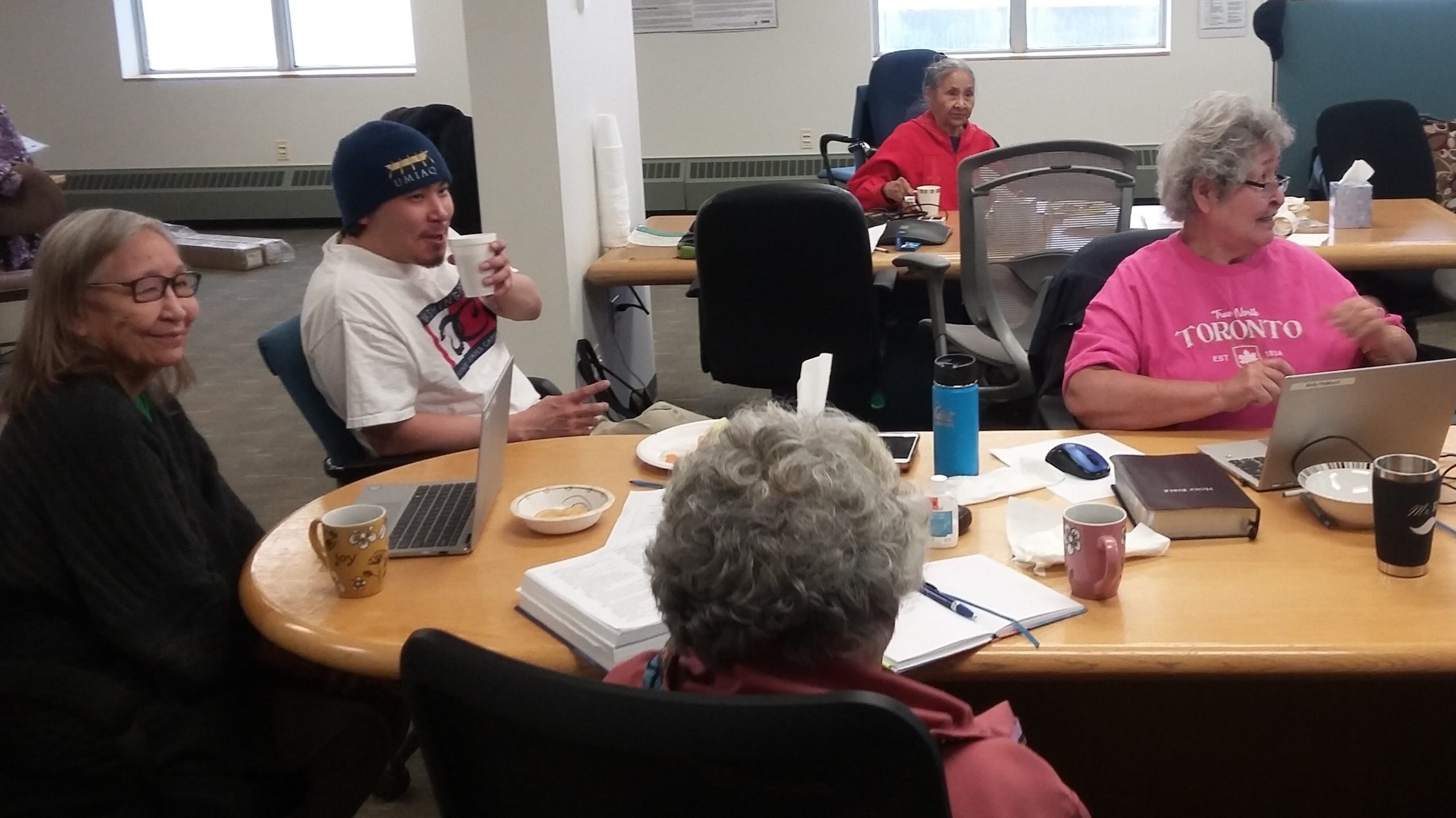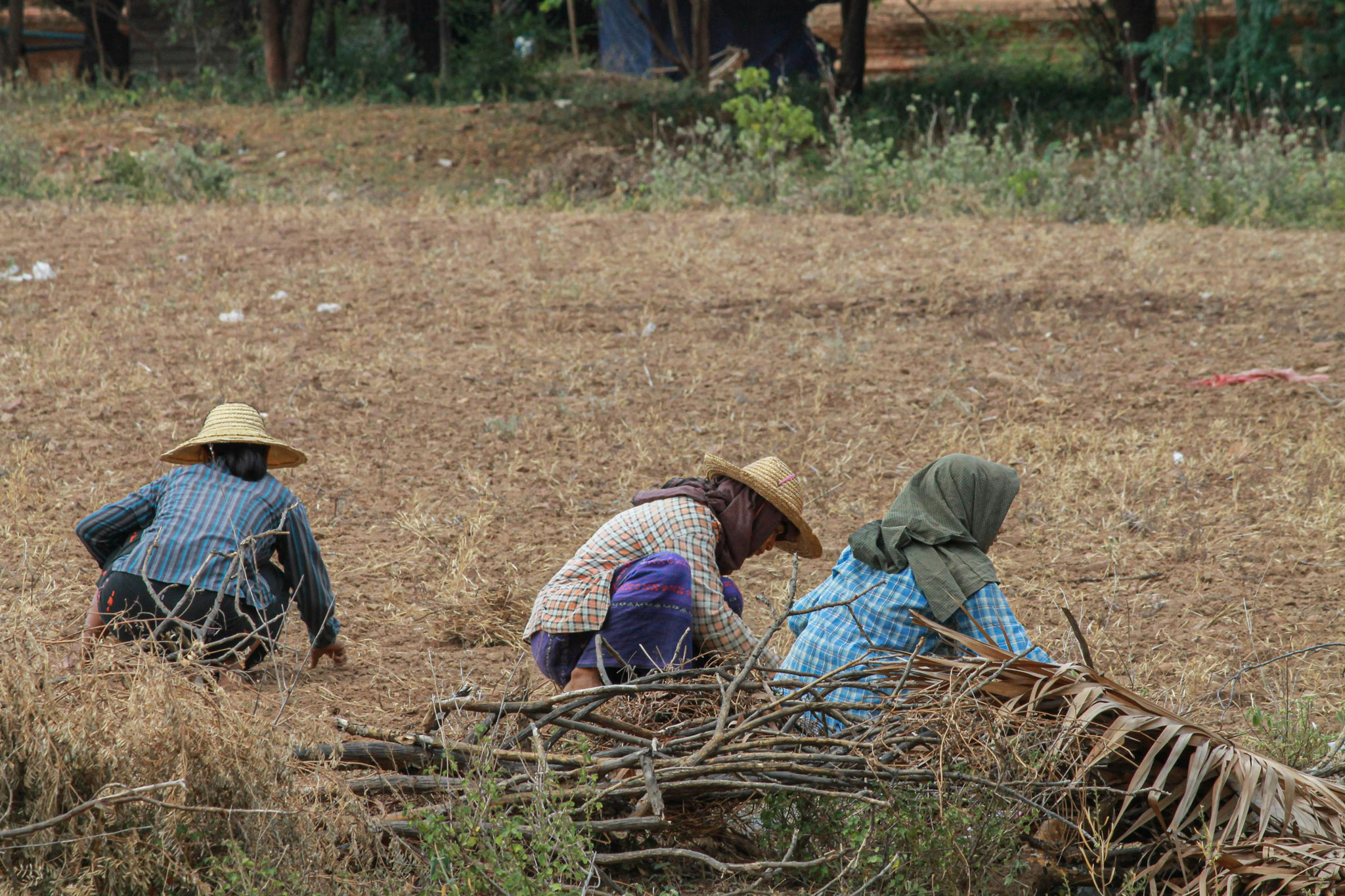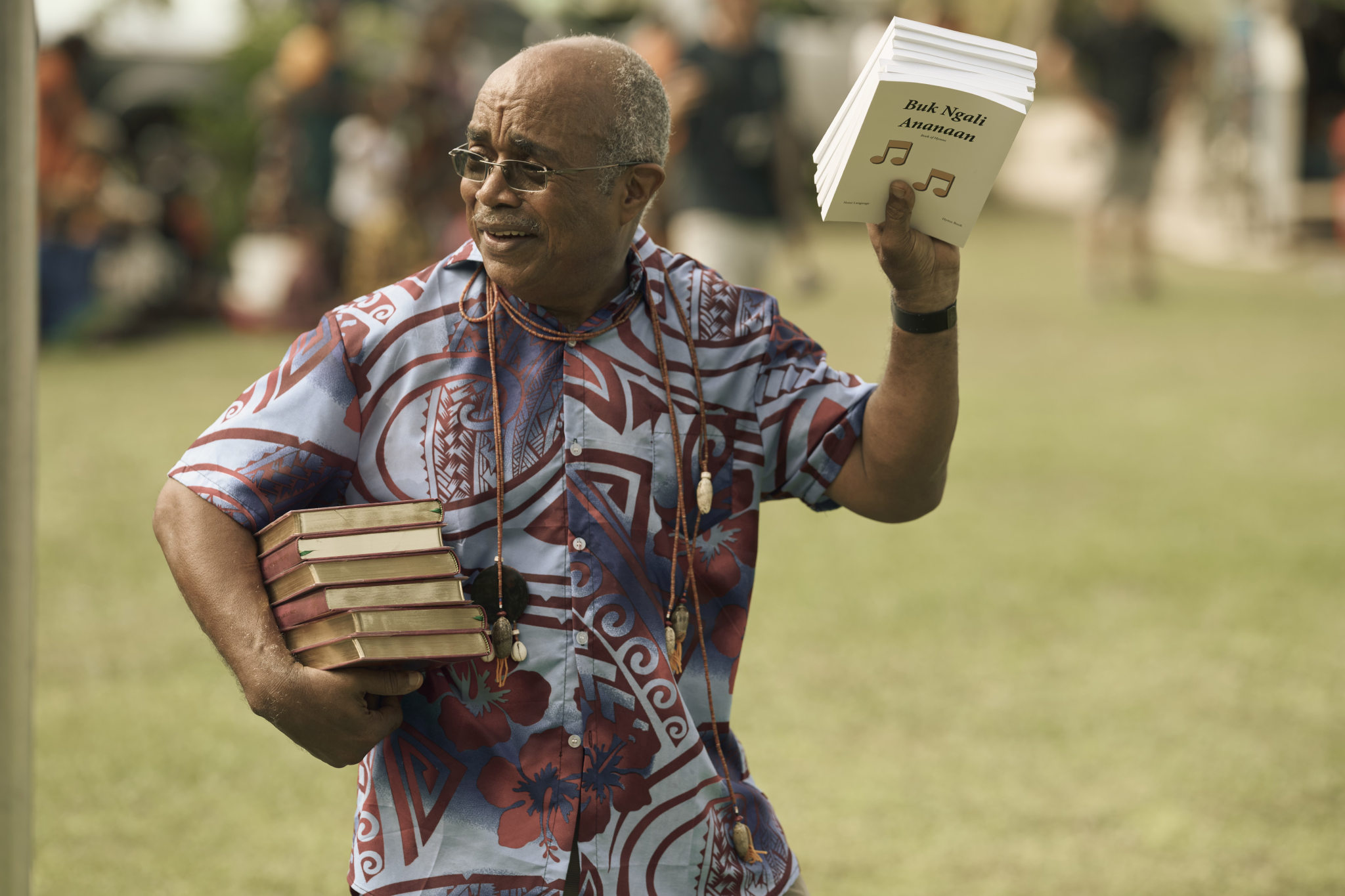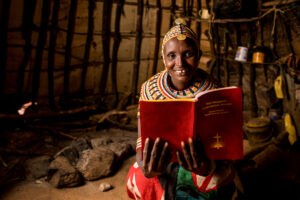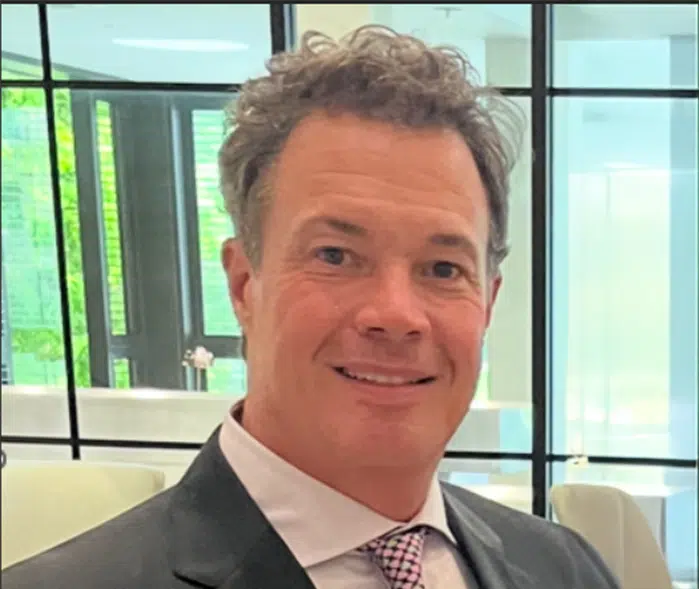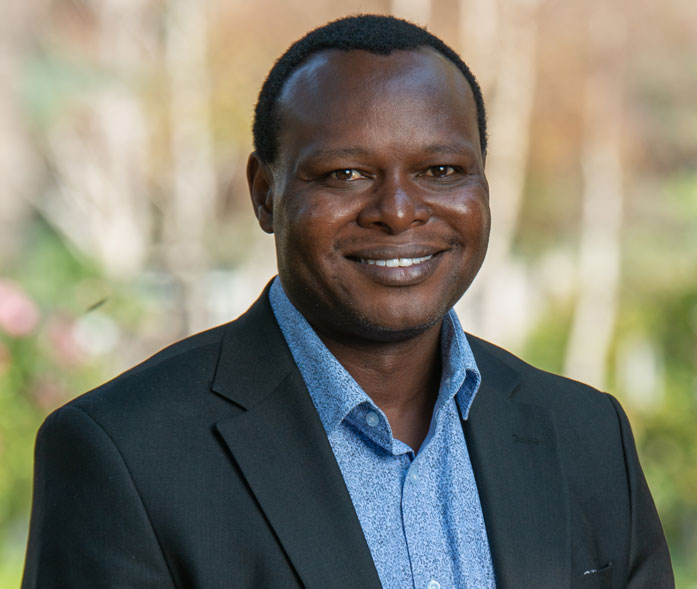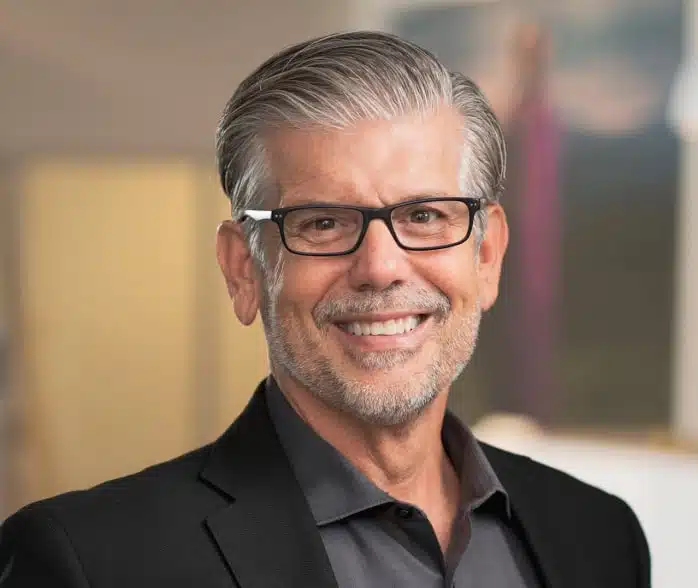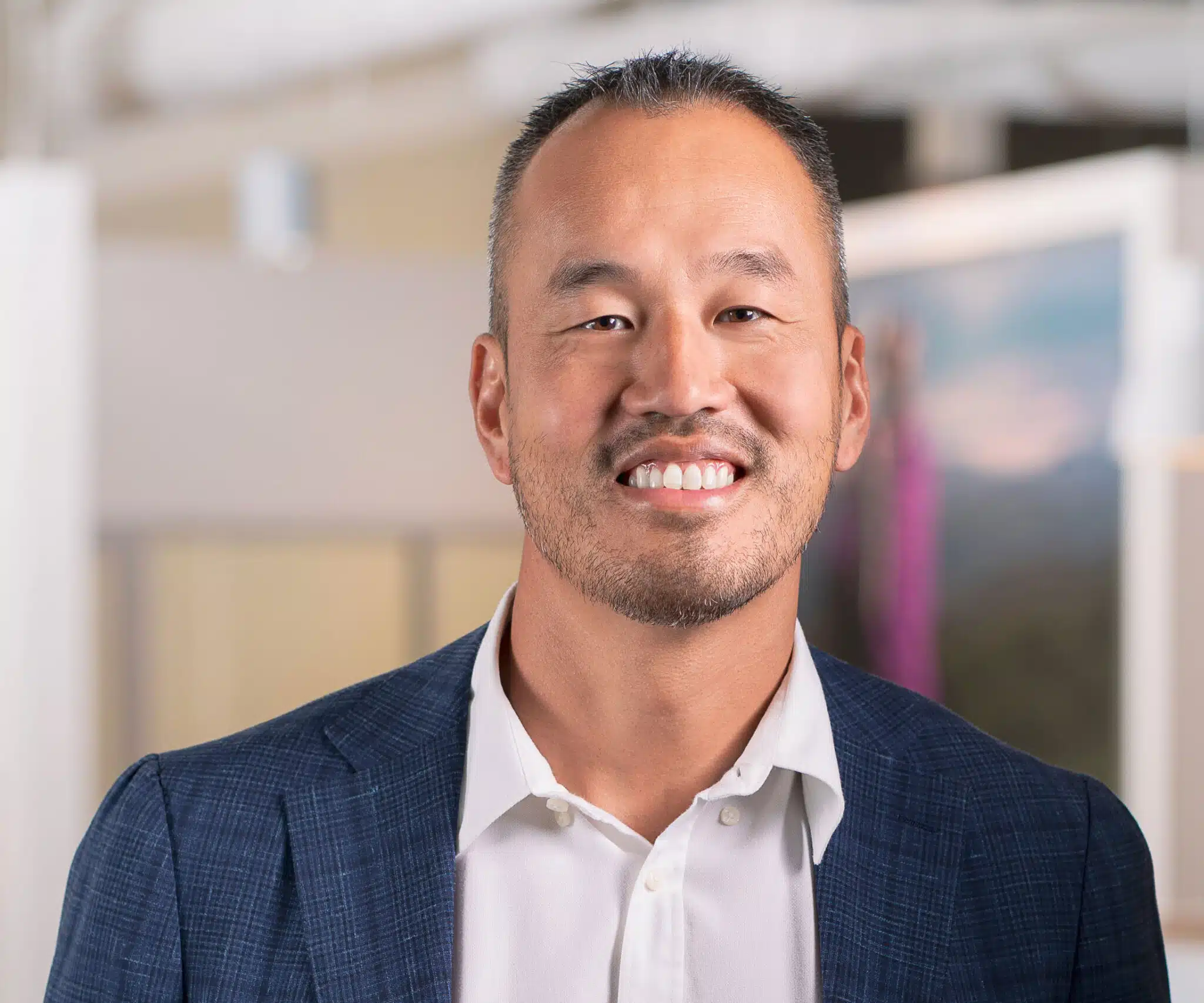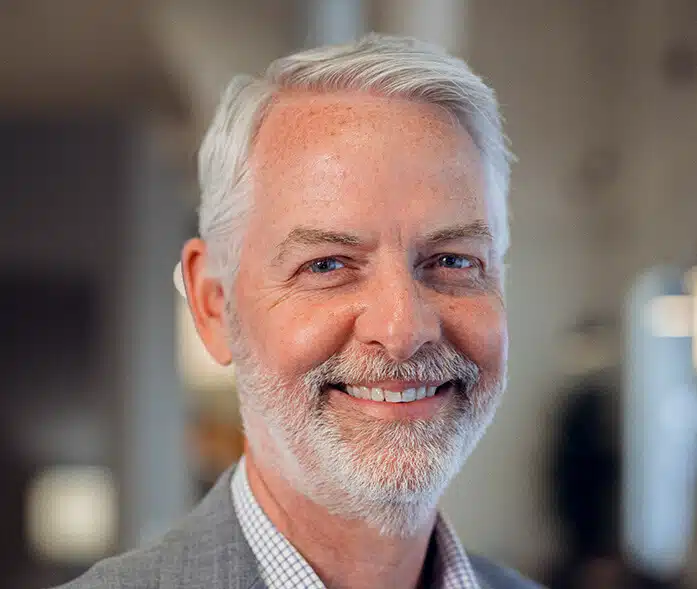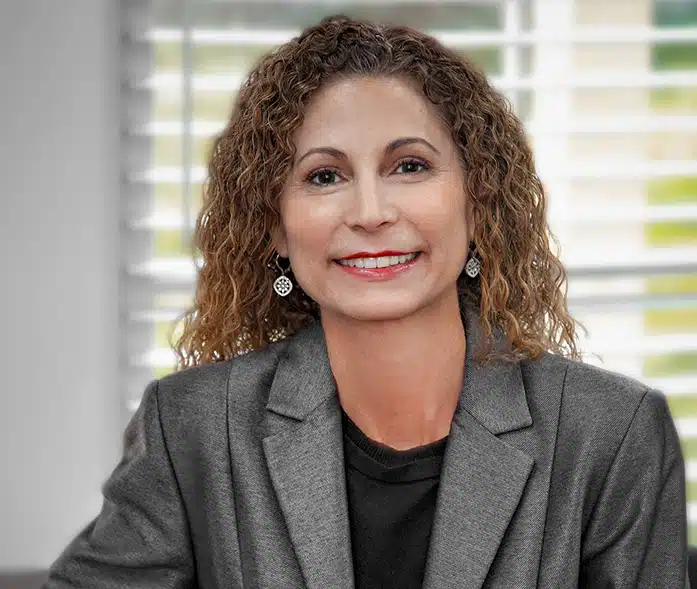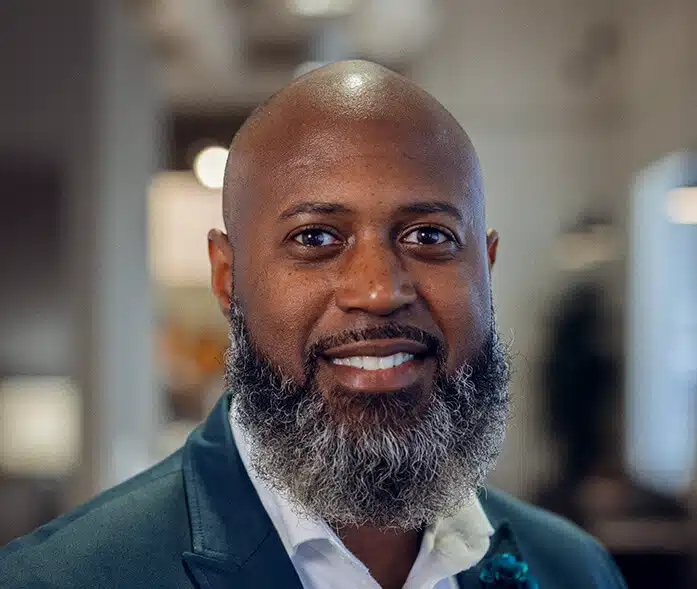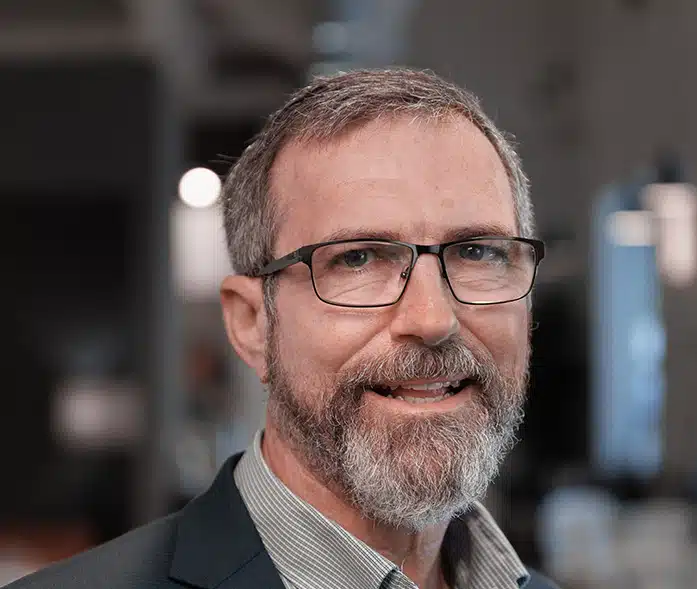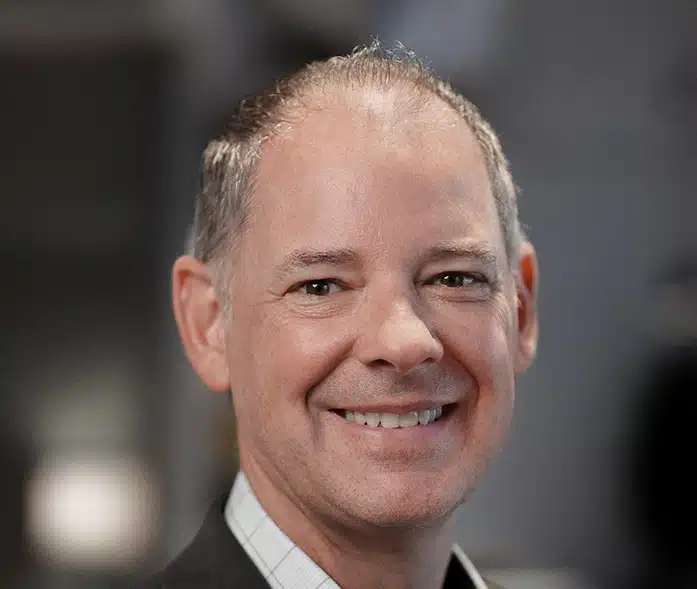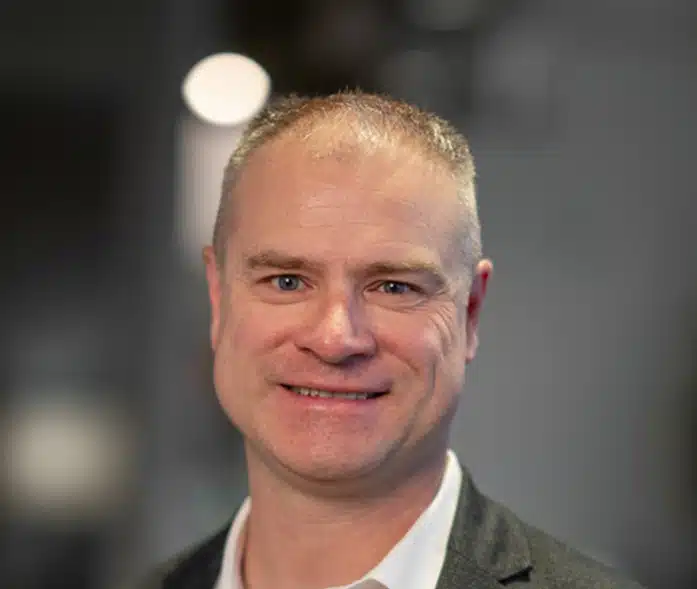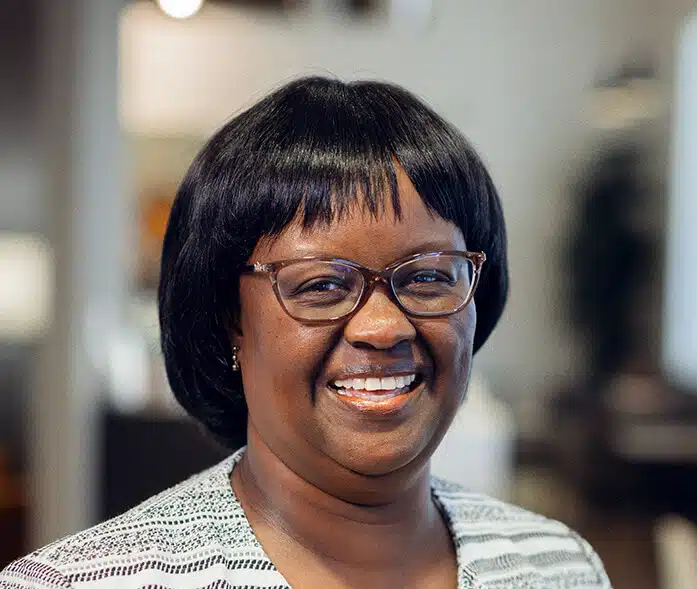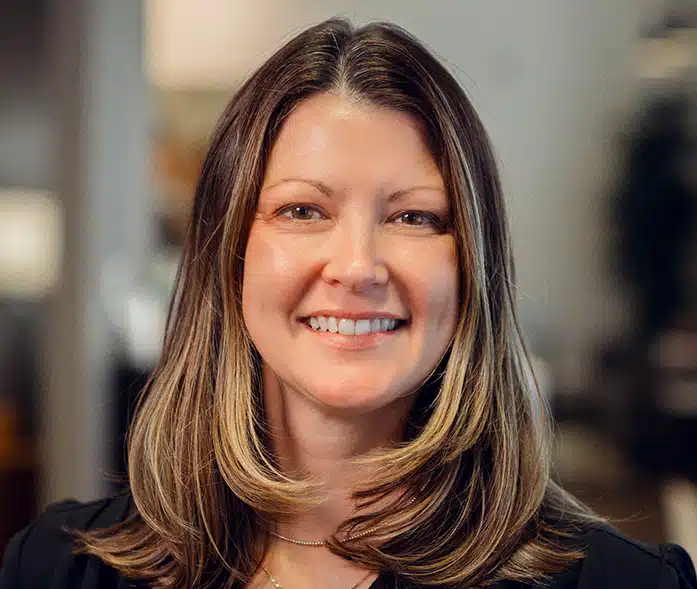When a minority community has historically been discouraged and even forbidden from speaking their own language, Bible translation can be a powerful act of healing and restoration.
Such is the case with the unfolding story of the Iñupiaq Bible.
Older members of the Iñupiat community in northern Alaska have spoken their language for their entire lives. But because of their painful history, this indigenous people group has long struggled with shame about their language and culture. Consequently, many younger people have been raised to speak only English.
“Unless there is a major overhaul, Iñupiaq won’t be used as much in 20 years.” — Elsie, an Iñupiat translator
Through Bible translation, Elsie and a handful of other unassuming but faithful elderly women are changing that.
Bringing Generations Together
While many younger Iñupiat have only learned English in school, they’re beginning to understand the value of preserving their language and culture.
Brad, a local project manager who has worked with the translation project, writes:
“As many people my age have experienced, I’ve often felt left out or like something was missing when I couldn’t understand the Iñupiaq language with my family or in the community. For this reason, I felt it important to make an effort and use the language through speaking, reading, and listening to elders.”
After connecting with the elderly Iñupiat women who have spearheaded this translation project, Brad is experiencing not just the earthly value of his culture, but also the eternal rewards of God’s Word.
“You can feel the work of the Holy Spirit when God uses people to do his will, and this project is an example of that. Some of my favorite experiences are when we pray together and feel the joy, comfort, and love during these prayers.”
Healing Wounds from the Past
Like many younger Iñupiat, Willie can read and write Iñupiaq with excellence, but he can’t speak it fluently. Resistance to speaking Iñupiaq was ingrained in him as a child.
He says:
“In a very sad way, my parents’ choice to ease my schooling and speak only English to me, and my choice to block all Iñupiaq, prevented us from really speaking to each other.
In a much sadder way, it cut the lines of communication between me and all the elders around me.
In the saddest way of all, though, it cut me off from really talking to all the Iñupiaq-speaking elders who knew Jesus Christ as their personal savior.”
But today, as Willie uses his computer skills and written language expertise to assist the translators, he is gradually learning to speak Iñupiaq. By the grace of God, Willie believes, “a very old and deep wound is finally healing.”
He concludes, “Iñupiaq is the language that God gave us. Satan must no longer succeed in taking it away!”
Building a Brighter Future
Like Brad and Willie, more and more of the younger Iñupiat generation are stepping up to do voice recordings for the translated Scriptures. As they grow in their ability to speak Iñupiaq, they’re excited to help preserve their language for many years to come.
“The Bible translation project has had a monumental impact on the community,” Brad believes. “Our language is part of who we are, and we are proud of it.”
Older Iñupiat hope that, as translated Scripture restores the younger generation’s pride in their cultural identity and heals wounds from the past, it will also take root in their hearts, bringing new life to those who are trapped in patterns of drunkenness and depression.
And by God’s grace, those hopes are beginning to come to fruition.

